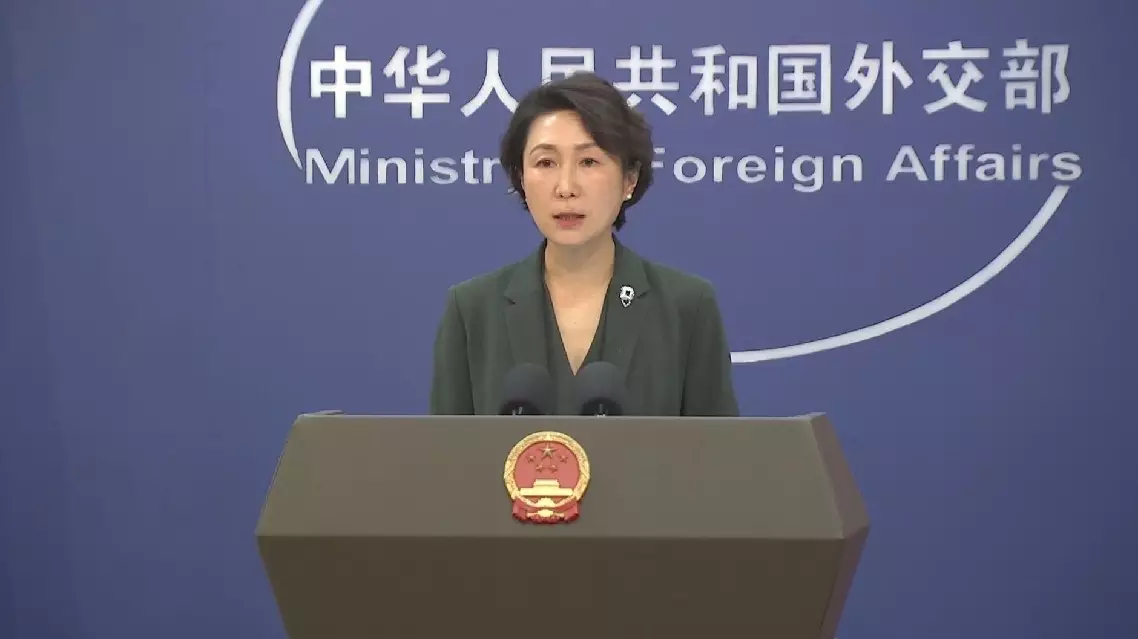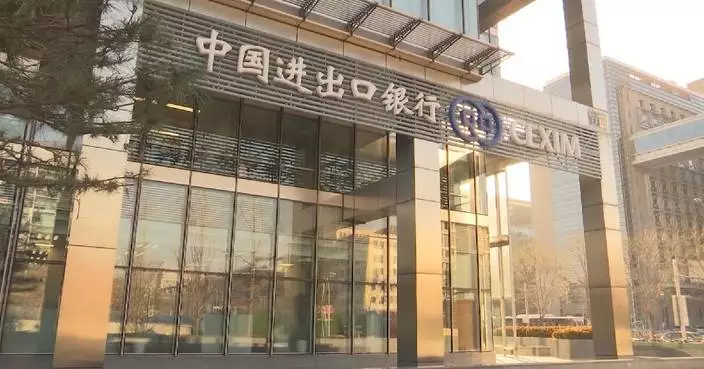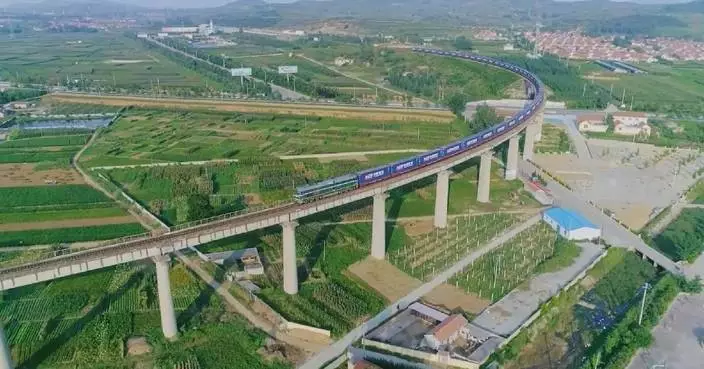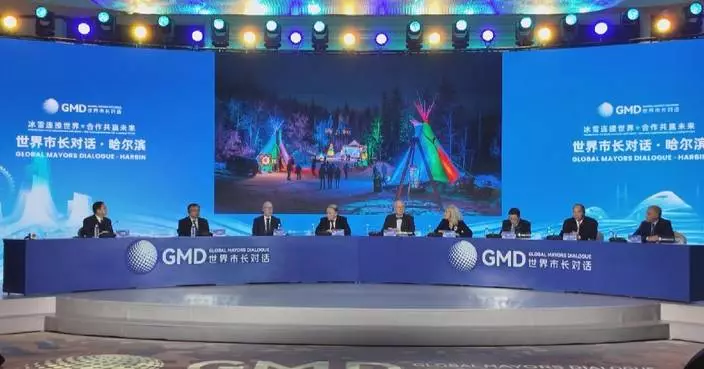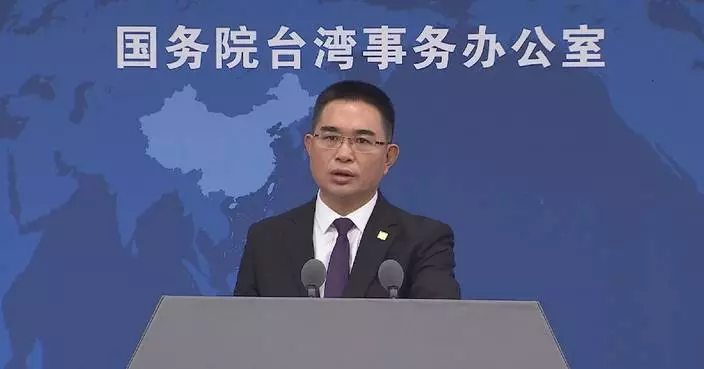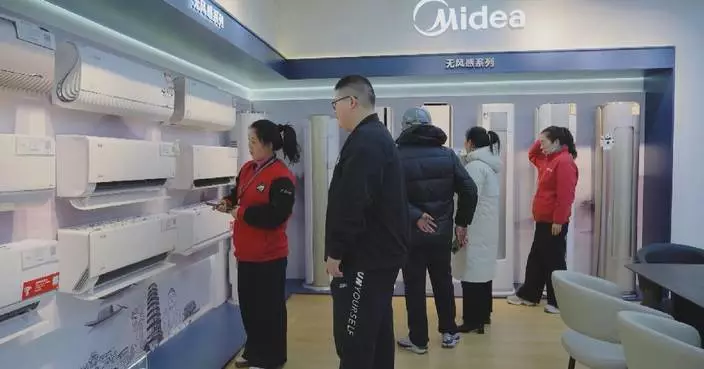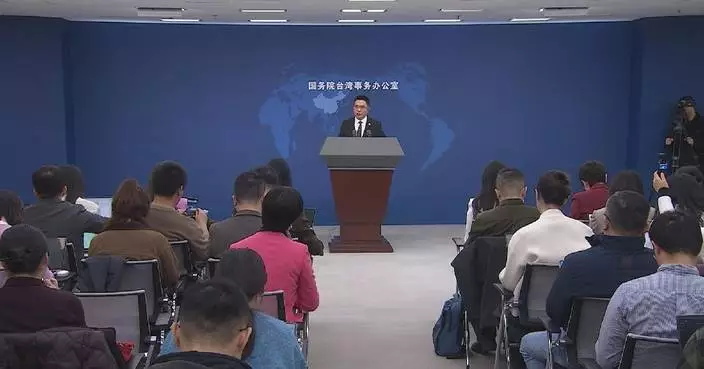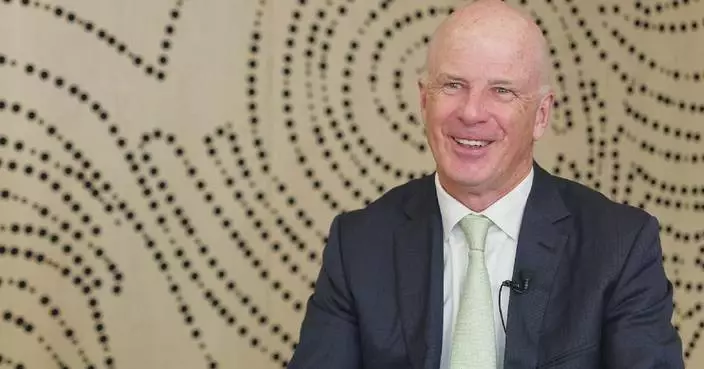A special episode of "Harmony in Diversity", a cultural exchange program co-produced by CMG and the Ministry of Culture and Tourism, explored the lasting impact of Italian explorer Marco Polo on cultural exchange between the East and West, especially his role in introducing porcelain to Europe. The episode, aired on March 15, featured a discussion with tenor Wang Kai, who portrayed Marco Polo in the Chinese opera "Marco Polo", Italian mezzo-soprano Valentina Volpe, and Wen Zheng, professor of Italian at Beijing Foreign Studies University.
The three were visiting the exhibition "A Journey of Knowledge: The Travels of Marco Polo and Its Legacy Between East and West", which commemorated the 700th anniversary of Marco Polo's death in China last year.
The exhibition, which includes a timeline depicting key events in Venice's history from the 13th to 17th centuries, also highlights how Polo's memoirs, "The Travels of Marco Polo", contributed to a greater understanding of Asia in Europe.
On display are antique porcelain artifacts, including Ming Dynasty (1368-1644) pieces, underscoring Polo's significant role in the East-West cultural exchange. Wen opened the conversation by discussing the significance of porcelain in the context of the Silk Road. "Since the time of Marco Polo, many have shared stories of the East, and those porcelains have come to symbolize the East. We often speak of the Silk Road, but in many respects, it is porcelain that truly traveled along it," Wen explained.
Volpe, reflecting on Marco Polo's influence, noted: "If I'm not mistaken, the word 'porcelain' was translated into Italian by Marco Polo from Chinese, making him the one who introduced this term. Once these Eastern treasures reached Europe, some began circulating in European and Italian markets. In Italy, we refer to them as 'porcelain'. We owe this word to Marco Polo."
"Indeed, even this term was brought to us by Marco Polo. It wasn't just the porcelain; the very word 'porcelain' itself may have been introduced by him," Wen added.
The conversation also touched on Marco Polo's nickname, "Mr. Million".
"After returning from China to Venice, he often shared his extraordinary experiences in the East. However, some of the magnificent and rich experiences he encountered were so beyond his vocabulary that he would frequently say 'a million, a million' to convey their grandeur. Over time, people started calling him 'Mr. Million'," Wen explained. Wen also noted that the true origin of the nickname could be traced to Polo's family name. "Of course, this is more of a popular legend. The true reason for the nickname 'Million' lies in his family name, which bore a homophone to 'Milione', meaning 'million'," Wen said.
The conversation also highlighted Polo's connection to Venice. Volpe pointed out: "In Venice, there's a place known as the 'Palazzo Milione', which is Marco Polo's former residence."
The episode wrapped up by focusing on Polo's travels in China, with Wang Kai recalling his role in the opera "Marco Polo", commissioned by Guangzhou Opera House. "Yes, and Professor Wen, I remember when I portrayed Marco Polo in the opera, I was assigned to Hangzhou, which was called Lin'an at the time," Wang noted.
Wen explained that Hangzhou, favored by Kublai Khan, was once known as "Xingzai" in Marco Polo's time. "It was indeed called Lin'an. Yes, Kublai Khan was particularly fond of Hangzhou, so he built his palace there. In 'The Travels of Marco Polo', we find that Hangzhou wasn't referred to as Hangzhou; it was known as 'Xingzai'," Wen explained.
The program provided an insightful exploration of Marco Polo's legacy, shedding light on his contributions to the exchange of ideas, culture, and language between East and West.
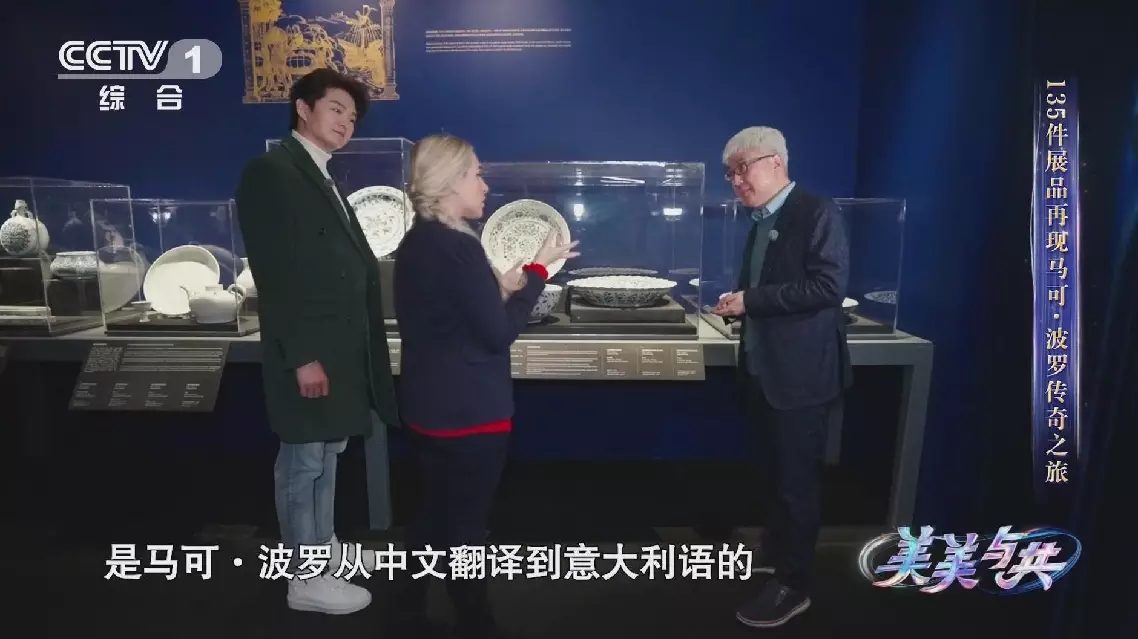
CMG program explores Marco Polo's legacy from "Mr. Million" to porcelain in Europe


